Investing in real estate can be an excellent way to build wealth over time, particularly if you’re considering buying an investment property. The appeal of generating rental income, diversifying your financial portfolio, or stepping into the world of real estate investing is undeniable.
Owning an investment property offers the potential for steady cash flow through rental income and the possibility of property appreciation over time. Additionally, you might benefit from tax deductions related to mortgage interest, property taxes, and maintenance costs, which can help reduce your taxable income.
However, it’s equally important to recognize the challenges that come with owning rental properties. Real estate markets can be volatile, and there’s always a risk that your property might not increase in value as expected. Managing rental properties can be demanding, especially if you encounter unreliable tenants or face high maintenance costs. To ensure that your investment remains profitable, it’s essential to have a clear understanding of these risks and plan accordingly.
Preparing to Buy an Investment Property
Before diving into purchasing an investment property, it’s essential to assess your financial situation thoroughly. Evaluating your savings, financial health and debt-to-income ratio is particularly important as it influences your ability to secure an investment property loan. Once you have a clear financial picture, setting specific investment goals will guide your decisions. Whether you’re aiming for long-term rental income or short-term gains through property resale, your goals will determine the type of property, location, and level of risk you’re willing to take on.
Researching market trends, property values, and economic indicators can also provide valuable insights into where and when to invest. Pay attention to factors such as urban development, population growth, and the overall housing market, as these can impact property values and rental income potential. Whether you choose a residential investment property like single-family homes or venture into commercial real estate, each option has its unique set of challenges and rewards. Your choice should align with your financial goals and risk tolerance.
Financing Your Investment Property
As real estate investors, financing your investment property requires careful consideration of the available options. Traditional financing, such as conventional loans, is a common choice for many investors. However, these loans often require a larger down payment, typically ranging from 15% to 25% of the property’s purchase price, and depend on your credit score and financial history. Conventional loans are reliable, but they necessitate a strong financial profile and significant cash reserves.
For those who need more flexibility, creative financing strategies may be worth exploring. Options like private money lenders, real estate investment groups, or seller financing can provide alternative pathways to securing an investment property, often with less upfront capital. These methods can be particularly useful if you’re just starting and don’t have substantial savings, though they often come with higher interest rates or additional risks.
Understanding mortgage payments and requirements for investment properties is crucial, as they differ from those for primary residences. Lenders may require a higher debt-to-income ratio, proof of potential rental income, and a more substantial down payment to approve a loan. It’s essential to be well-prepared and understand the mortgage pre approval process, which can streamline your property purchase.
Finding the Right Investment Property
When it comes to finding the right investment property, knowing where to look and what to look for is crucial. Start by exploring how to find investment properties that fit your goals, such as identifying off-market deals, which often offer better value than publicly listed properties. Evaluating property value and ROI is essential in this process; consider factors like rental income potential, operating expenses, and long-term appreciation.
Location plays a pivotal role in property investment—whether it’s a bustling urban area or a growing suburban neighborhood, where you buy can significantly impact your returns. Partnering with knowledgeable real estate agents or brokers can give you access to exclusive listings and provide valuable insights into the market. They can also guide you through the buying process, helping you avoid common pitfalls.
Making the Purchase
Making the purchase of your investment property involves several critical steps. Begin by understanding the basic steps to get into property investment. This includes securing financing, understanding purchase agreements, and being prepared for the responsibilities of property ownership.
Perform thorough due diligence by inspecting the property, reviewing legal documents, and ensuring there are no hidden issues. Once you’re satisfied with the details, negotiating the best deal is key, don’t be afraid to push for better terms or a lower price.
The final step is closing the deal, which involves signing the necessary documents, transferring funds, and officially taking ownership of the property. Make sure all financial and legal aspects are in order to ensure a smooth closing process.
Managing Your Investment Property
Successfully managing your investment property is key to maximizing your returns and ensuring long-term profitability. Here’s a quick guide to the essential aspects of property management:
Property Management Options: You can manage the property yourself or hire a property management company. Self-management can save money but requires more time and effort. On the other hand, a property management company handles day-to-day operations, including tenant interactions, for a fee.
Investing in Rental Property: Investing in rental property involves understanding the responsibilities of being a landlord, from maintaining the property to managing tenants. It’s crucial to stay informed about local rental laws and market trends to protect your investment.
Setting Rental Rates: Determining the right rental rate is vital for attracting tenants and ensuring steady cash flow. Research local rental rates for similar properties and factor in your operating costs to set a competitive yet profitable rate.
Tenant Screening and Management: Screening tenants thoroughly helps avoid issues down the road. Conduct background checks, verify income, and check references to ensure you select reliable tenants who will pay rent on time and take care of the property.
Maintenance and Upkeep: Regular maintenance and timely repairs are essential to keep your property in good condition and retain its value. Addressing issues promptly also helps maintain a positive relationship with tenants and reduces vacancy rates.
Managing your investment property effectively ensures that it remains a valuable asset, providing consistent rental income and long-term growth potential.
Maximizing Your Investment
Maximizing the returns on your investment property requires strategic planning and smart decision-making. One effective approach is to focus on increasing property value through renovations, upgrades, and improvements that enhance appeal and functionality. Simple updates, such as modernizing kitchens or adding energy-efficient features, can significantly boost the property’s market value and rental rates.
Another key factor in maximizing your investment is taking full advantage of tax benefits and deductions. Real estate investors can often deduct mortgage interest, property taxes, and certain operating expenses from their taxable income, reducing their overall tax burden. Reinvesting profits back into your property or into additional properties can also help grow your portfolio and increase long-term wealth.
Deciding between long-term vs. short-term investment strategies depends on your financial goals. A long-term strategy focuses on steady rental income and property appreciation over time, while a short-term approach might involve flipping properties for quick profits. Both strategies have their advantages, and your choice should align with your overall investment plan.
Exit Strategies for Investment Properties
Having a clear exit strategy is just as important as the initial purchase when it comes to real estate investing. Knowing when to sell your investment property can make a significant difference in your returns. Timing the market, understanding property value trends, and assessing your financial needs are all key factors in deciding the right moment to sell.
In some cases, you might consider selling vs. refinancing. Refinancing allows you to access the equity in your property without selling, providing funds for new investments while maintaining ownership. Alternatively, the 1031 Exchange offers a tax-deferral benefit when you sell an investment property and reinvest the proceeds into another like-kind property. This strategy helps you defer capital gains taxes, allowing more of your money to work for you.
Finally, liquidating property investments might be necessary for various reasons, such as reallocating your portfolio or addressing financial needs. Whether you choose to sell, refinance, or exchange, having a well-thought-out exit strategy ensures that you can maximize your investment returns when the time is right.
Wrapping Up Your Investment Journey
Investing in real estate is a rewarding journey that can lead to significant financial growth, but it’s important to be aware of common pitfalls along the way. Avoiding mistakes like overpaying for properties, underestimating maintenance costs, or neglecting tenant screening can make a big difference in your success. Careful planning, informed decisions, and effective management are key to avoiding these pitfalls.
By understanding the steps involved, from finding the right property to maximizing your investment and planning your exit, you can confidently navigate the world of real estate investing. Whether you’re just starting or looking to expand your portfolio, taking a strategic approach will help you achieve your financial goals and build lasting wealth. Ready to take the next step? Start planning your investment strategy today!






